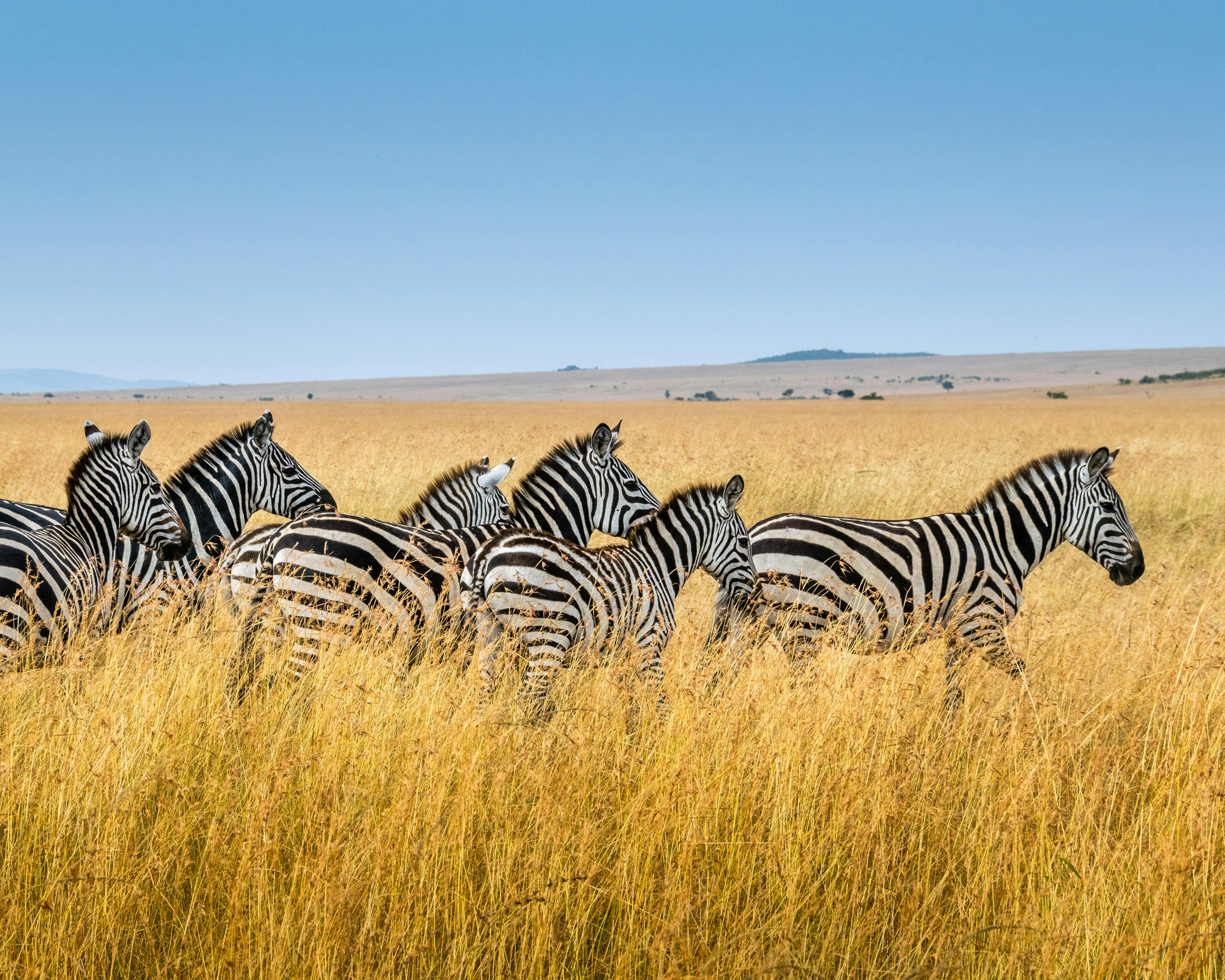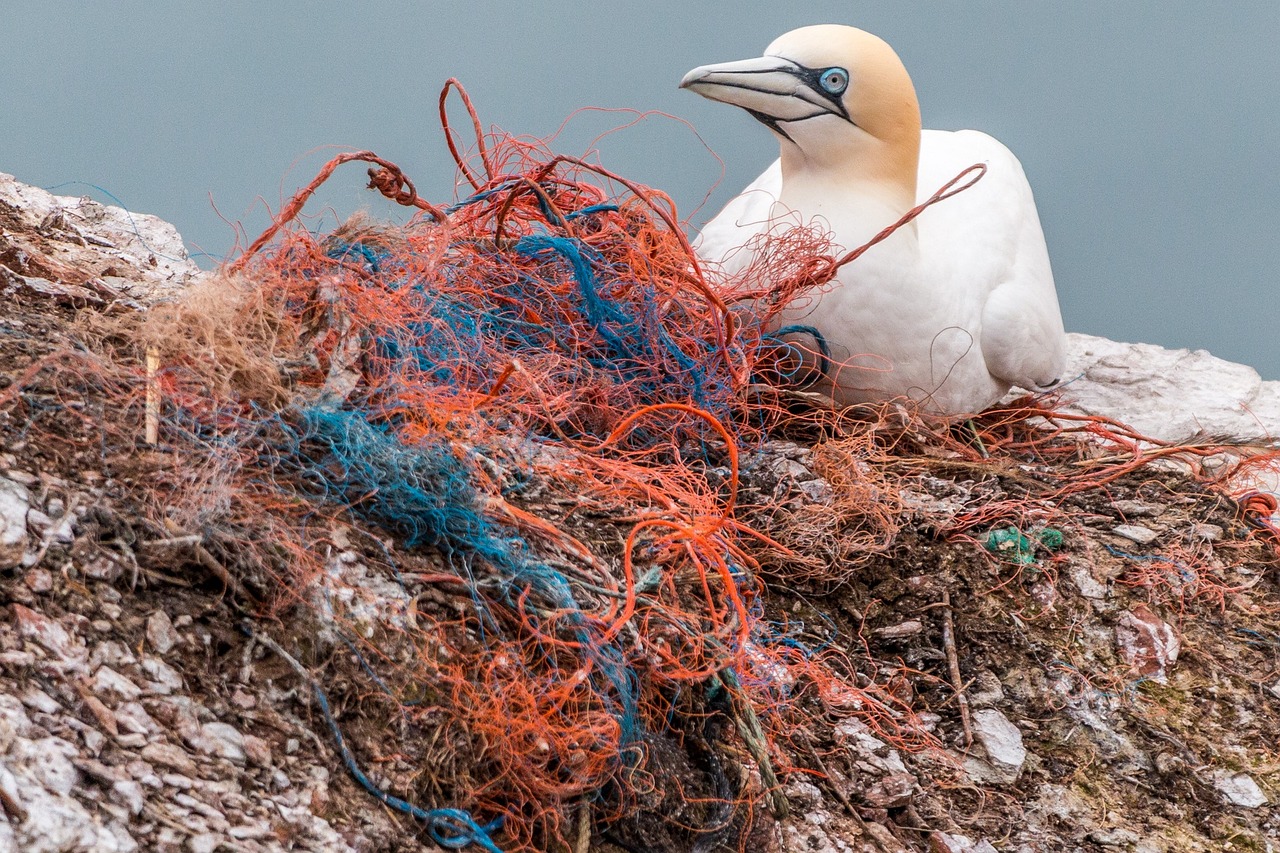Animal welfare is intricately linked to the Sustainable Development Goals (SDGs), reflecting a deep interconnection between human progress and the humane treatment of animals. The SDGs, adopted by all United Nations Member States in 2015, are a universal call to action to end poverty, protect the planet, and ensure that all people enjoy peace and prosperity by 2030. Among these goals, SDG 14 and 15 specifically aim to conserve and sustainably use the oceans, seas, and marine resources, and to protect, restore, and promote sustainable use of terrestrial ecosystems, respectively. These goals underscore the importance of biodiversity and the well-being of all life forms, including animals, as essential components of global sustainability efforts. Animal welfare plays a critical role in achieving these objectives by advocating for the humane treatment of animals, which in turn supports healthy ecosystems and biodiversity. Furthermore, the concept of One Health, which recognizes the health connections between people, animals, plants, and their shared environment, is pivotal in realizing the SDGs. By promoting animal welfare, we contribute to a healthier planet, which is fundamental for sustainable development and human well-being.
The relationship between animal welfare and the SDGs extends beyond environmental conservation to encompass ethical, economic, and social dimensions. Ethically, the consideration of animal welfare in the context of the SDGs reflects a growing recognition of animals' intrinsic value and the moral obligation to treat all forms of life with respect and compassion. Economically, sustainable practices in agriculture, fishing, and other industries that consider animal welfare can lead to more resilient and sustainable food systems, contributing to SDG 2 (Zero Hunger) and SDG 12 (Responsible Consumption and Production). Socially, the promotion of animal welfare can enhance community well-being, as humane treatment of animals often correlates with improved health outcomes for people and reduced instances of violence and cruelty in societies. This multifaceted relationship demonstrates how advancing animal welfare is not only beneficial for animals but also contributes to the broader objectives of the SDGs, including reducing inequalities (SDG 10), ensuring healthy lives (SDG 3), and fostering sustainable communities (SDG 11).
The integration of animal welfare into the framework of the Sustainable Development Goals offers a holistic approach to addressing some of the most pressing challenges of our time. By recognizing the interconnectedness of human, animal, and environmental health, we can forge paths toward sustainability that are more inclusive, compassionate, and effective. The advancement of animal welfare within the SDGs framework highlights the necessity of adopting practices that respect all life forms, thereby contributing to the achievement of global goals aimed at creating a sustainable, equitable, and thriving planet for future generations. As we continue to strive towards these goals, the inclusion of animal welfare principles will undoubtedly play a pivotal role in shaping a more ethical and sustainable world.
International Day for Biological Diversity 2026
The International Day for Biological Diversity is observed each year on May 22. Proclaimed by the United Nations to raise awareness of the value of life on Earth, this day serves as a global reminder of the need to safeguard biodiversity and protect the ecosystems that support human well-being. The observance is coordinated by the Convention on Biological Diversity, the international legal instrument for the conservation and sustainable use of biological resources.
World Wildlife Day 2026: Celebrating Biodiversity and Conservation
Observed annually on March 3, World Wildlife Day raises global awareness of the world’s wild flora and fauna. Established by the United Nations General Assembly (UNGA) in 2013, the day marks the anniversary of the adoption of the Convention on International Trade in Endangered Species of Wild Fauna and Flora (CITES) in 1973. World Wildlife Day celebrates the intrinsic value of wildlife and its critical contributions to biodiversity, ecosystem health, and human well-being.



